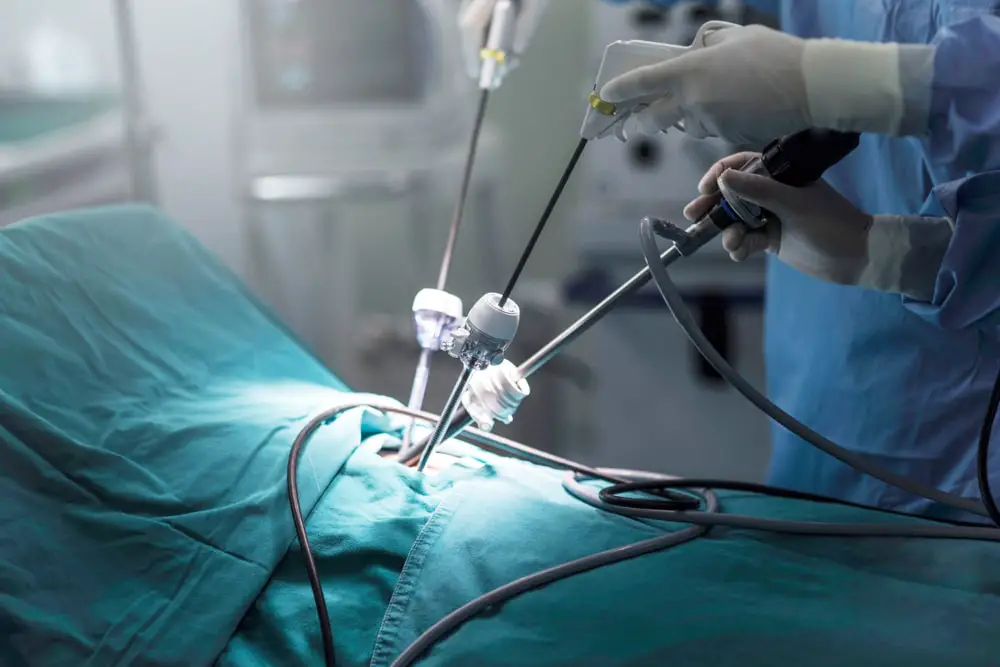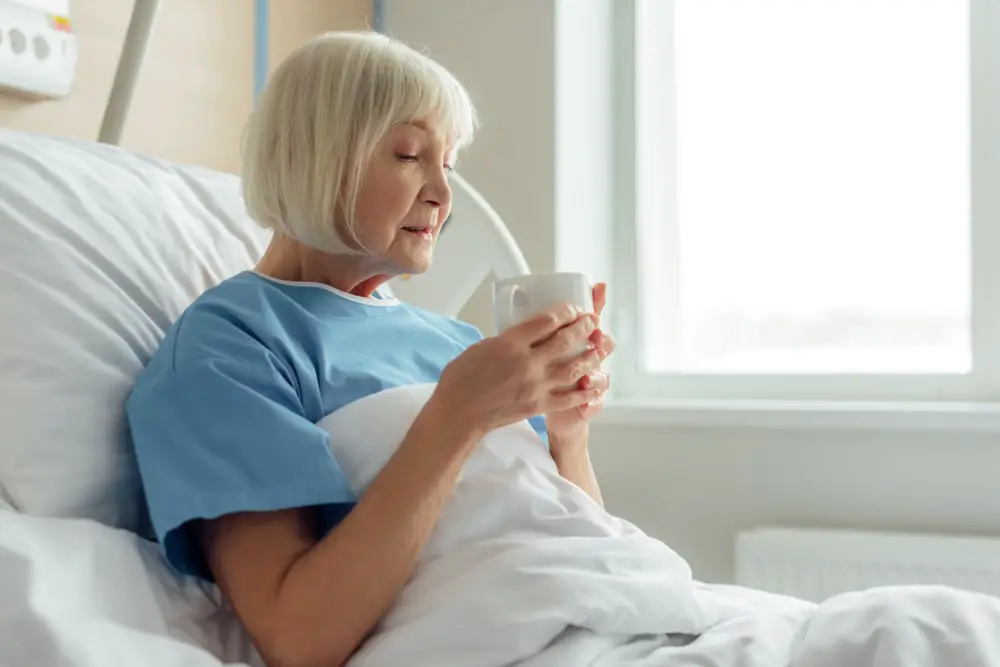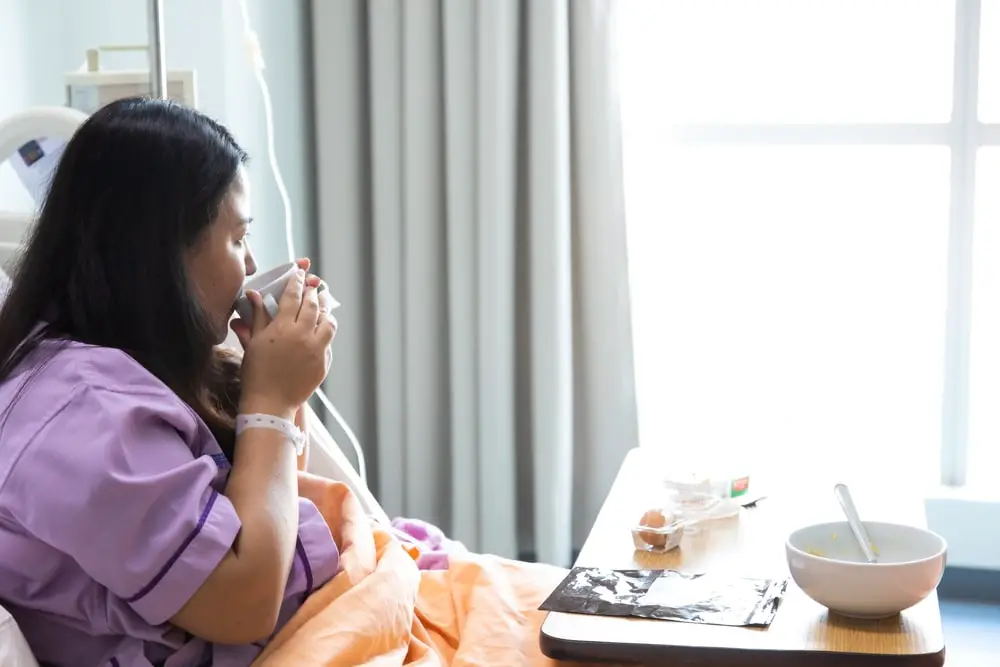Many surgical treatments are now available to aid patients, particularly women, with significant conditions such as gynecological ailments. The finest example is laparoscopic surgery, which is the favored procedure in minimally invasive surgery (MIS).
A cup of coffee will usually make you feel refreshed and alert for the day ahead, but is it useful for individuals who have just undergone surgery? “Can I Drink Coffee After Laparoscopic Surgery?” or “What kinds of liquids I can drink after a laparoscopy” are some of the most intriguing topics nowadays when it comes to this topic. Don’t worry, this article will answer all of your questions so keep reading till the end your questions.
What Is Laparoscopic Surgery, And How Does It Work?
Laparoscopy is a fantastic MIS technique that has revolutionized women’s treatment and health care. When compared to laparotomy, this method has lower risks of morbidity, earlier hospital departures, faster returns to regular daily activities, as well as shorter hospital stays.

Preparation for surgery is just as crucial as the procedure itself, it’s worth emphasizing. Before, during, and after your operation, you must be psychologically and physically prepared. One of our main worries is keeping track of the meals and beverages we eat.
What Will Happen After A Laparoscopic Surgery?
Postoperative ileal obstruction (POI), also called as simple bowel obstruction, arises after surgery and normally resolves on its own within 2 to 3 days. It generates a slew of unpleasant symptoms in patients, and scientists are always exploring for methods to mitigate and avoid these side effects. Despite the fact that the risk of POI was reduced following laparoscopic surgery, patients nevertheless need more assistance to heal more quickly.
Depending on the type of exploratory endoscopic operation, recovery normally takes between seven and 10 days. When the operation is part of a bigger surgical procedure, it might take 3 to 12 weeks to finish.
Caffeine’s After-Operative Effects In Coffee
First off, let’s consider some most commonly known impacts of drinking coffee in general. Basically, there are three side effects of drinking coffee or other caffeinated drinks as follows. However, don’t forget to keep reading till the end to thoroughly understand whether you should avoid drinking coffee.
After Surgery, Caffeine Might Exacerbate Dehydration.
Natural diuretics include caffeinated liquids such as coffee, tea, and energy drinks. Specifically, they increase urine flow, which dehydrates the body and raises the risk of dehydration. Consequently, caffeine can make you fatigued afterwards.
As a result, if you’re dehydrated, you’re more likely to experience issues and recover slowly. Furthermore, dehydration after surgery causes the skin and soft tissues to dry up, preventing the wound from healing and prolonging your recovery.
Caffeine Might Be Able To Elevate Blood Pressure.
Caffeine causes vasoconstriction and blood pressure to rise, which is something you don’t want to happen after surgery. As a result, blood arteries constrict, making blood circulation harder and perhaps leading to high blood pressure. As a result, coffee should be avoided following surgery.
Caffeine Can Delay The Healing Of Wounds.
Caffeine interferes with the quick wound healing process, according to a 2014 research published in the International Journal of Wounds. After surgery, coffee and other caffeinated beverages might interfere with the healing of incisions and sutures, lengthening your recovery period.
After Laparoscopic Surgery, Is It Okay To Drink Coffee?
If you’re a coffee junkie, not receiving enough caffeine on a regular basis for a few weeks or longer might be difficult. While coffee can be helpful to your health in moderation, whether or not you consume it depends on your surgery and overall health.

According to recent studies, coffee improves digestive function without altering postoperative morbidity. Additionally, coffee consumption after surgery aids in the rehabilitation of intestinal function.
In addition, due to a new preclinical study, staying awake longer before surgery increases pain and lengthens recovery time. Caffeine helps to reduce the negative effects of sleep loss on future postoperative pain.
Another recent study suggested that caffeine users experienced less headaches the day or morning following surgery. As a result, individuals who were given coffee the day following surgery had a higher likelihood of producing a bowel movement and returning home one day sooner than those who were given water.
Remember that the usage of caffeinated beverages and coffee after surgery is totally contingent on the operation, and you should discuss this with your doctor. After that, we’ll examine the various operations and their coffee and caffeinated beverage limitations.
When Will I Be Able To Drink Caffeine Following My Surgery?
For the best response to this question, you should speak with your doctor. 3 weeks following surgery is a good bet since your wound will start to heal and your body will begin to return to its healthy normal condition at that point.
In terms of pre-surgery, the optimum time to quit drinking caffeinated beverages is a few days before surgery to avoid a rapid caffeine withdrawal headache.
After Surgery, What May I Drink?
To avoid stomach pains, consume plenty of light liquids like water, apple juice, tomato juice, ginger, shaved ice, soups, crackers, and toast on your first day at home.

You may be able to consume coffee shortly after surgery, depending on your treatment. You should, however, create iced coffee or cold coffee. For the first 24 to 48 hours following surgery, avoid coffee and other hot beverages. Heat can worsen an injury, making it hard for the wound to heal completely.
If you’re sipping iced coffee or cold brew, avoid using a straw. Straws, as previously stated, have the capacity to break blood clots, reducing the wound healing process.
Final Thought
Whether you are a coffee lover or not, drinking it correctly and at the appropriate times should be a top priority to avoid negative repercussions. When you have had or are having surgery, always be cautious about what you eat and drink. I hope that you can enjoy tasty and healthy cups of coffee. Looking forward to seeing you in the next posts.